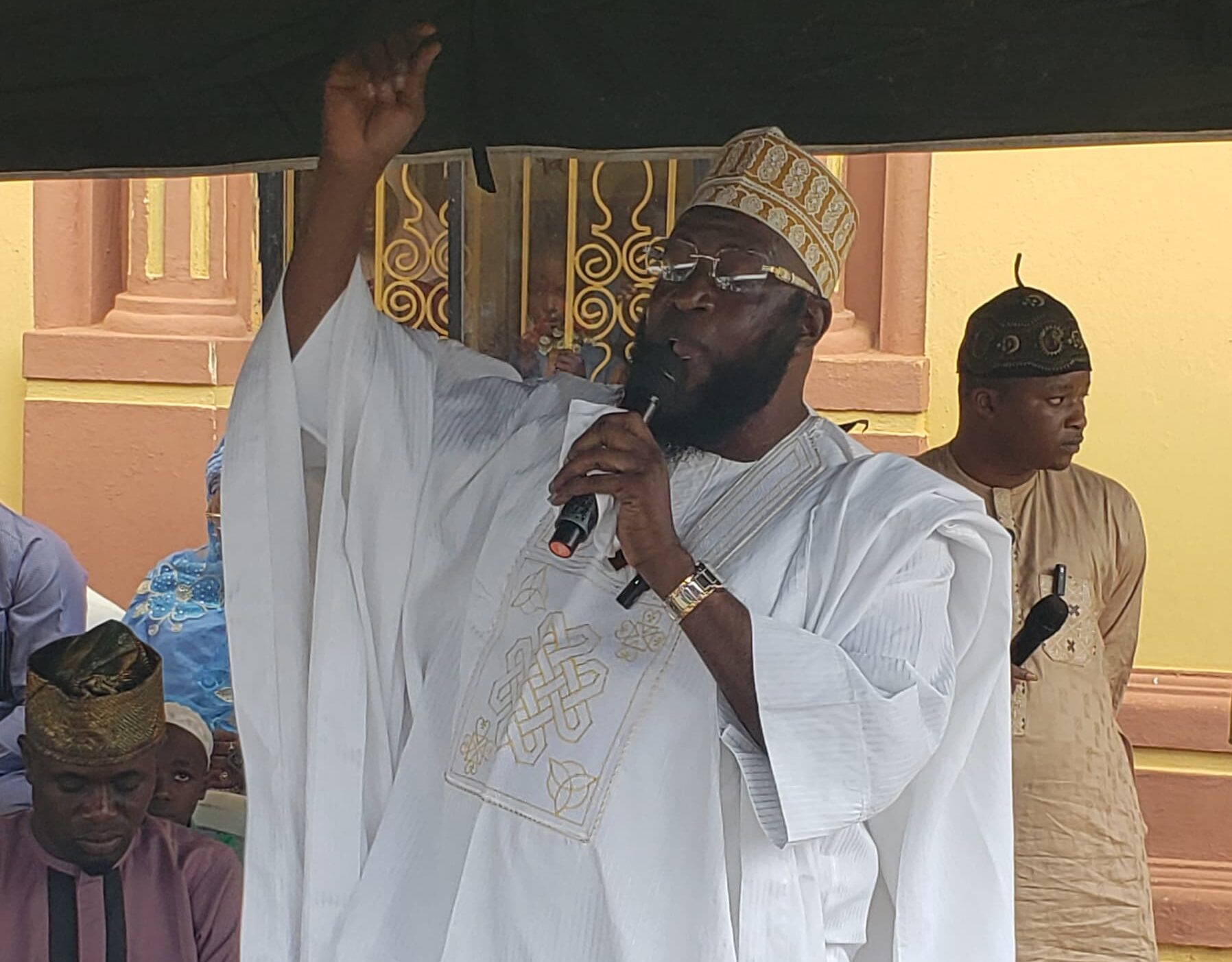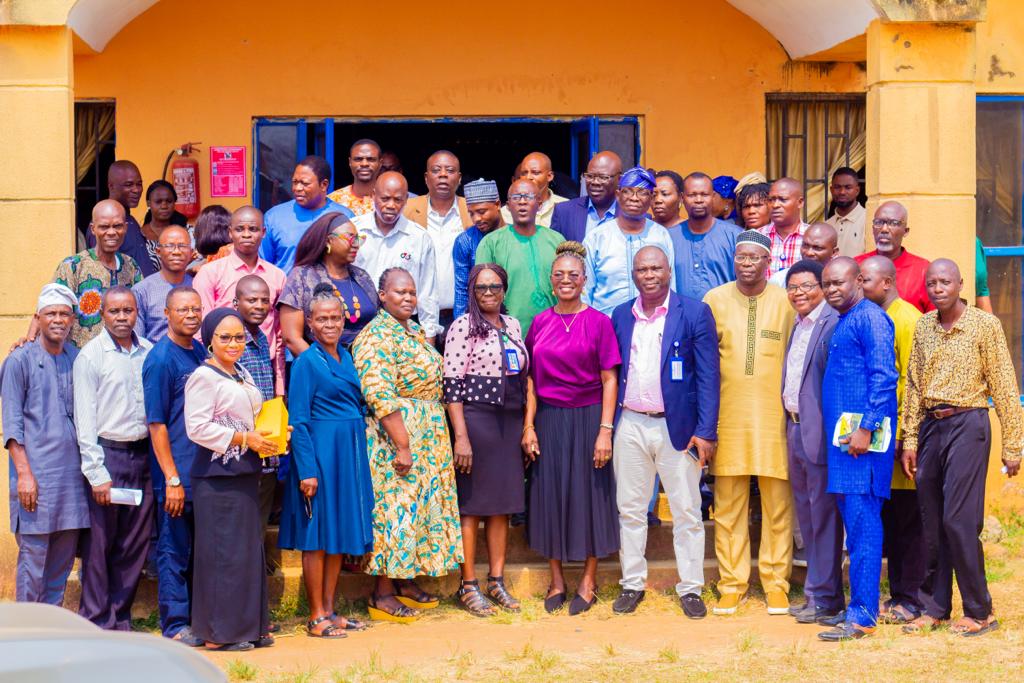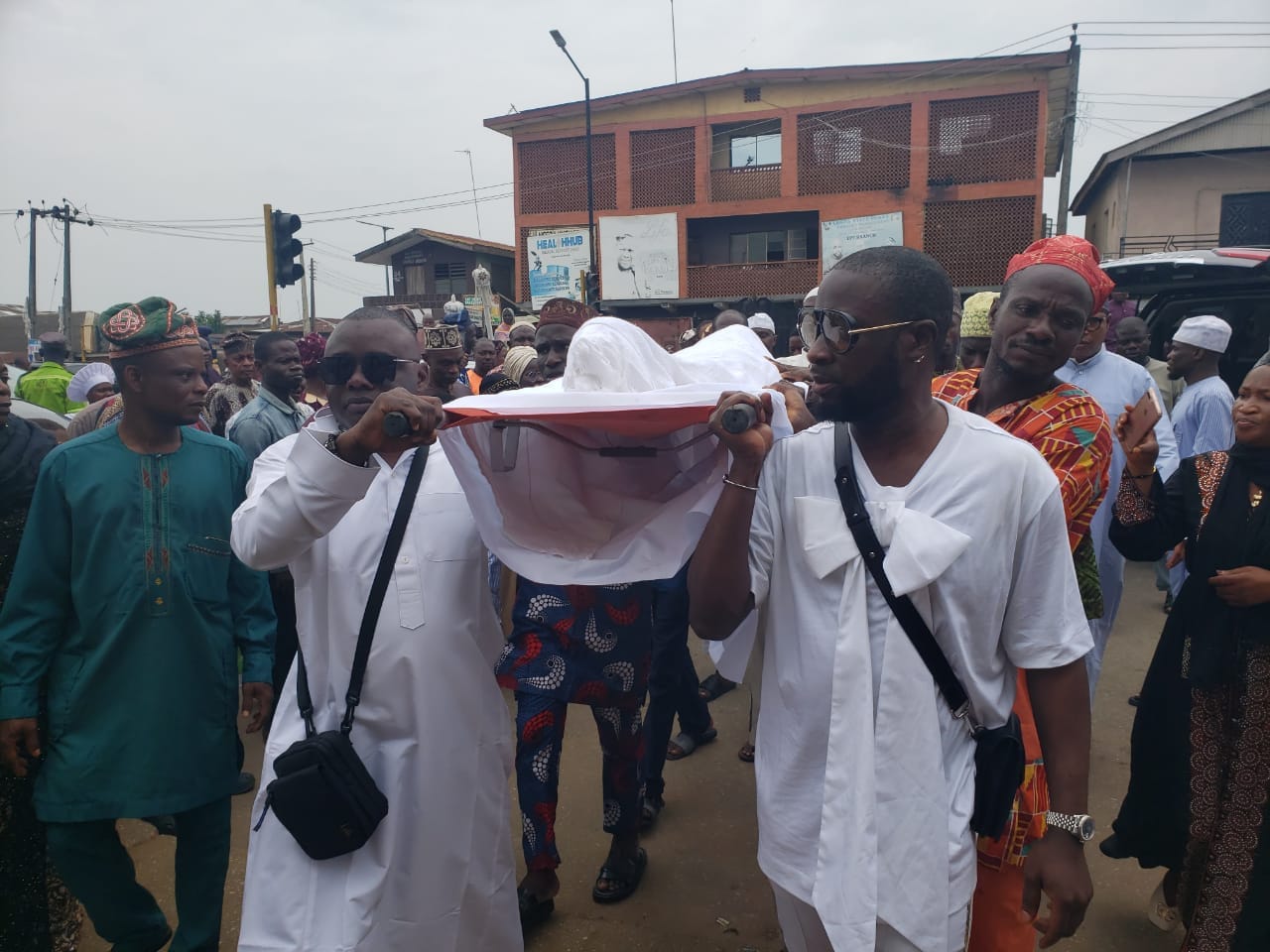In a stirring call for unity among Yoruba Muslims, kakalistiq.com reports that Sheikh Taofeek Akewugbagold, the Wazeer of Oyo Land, emphasized the importance of preserving Islamic heritage and shunning ritualistic practices. Speaking at the First Epe Central Mosque, Oke-Balogun, during the Epe Kayokayo Festival’s Quranic Recitation and Quiz Competition, he addressed a diverse audience, urging them to uphold the values of their forebearers.
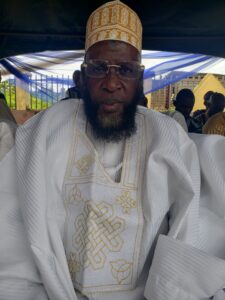
Earlier, in an exclusive interview, Sheikh Akewugbagold praised the Epe Kayokayo Festival’s efforts, particularly the Quiz and Quranic Competition. “I’m highly impressed sincerely, I feel my children should be here. This is a special honour for Muslims in Epe Land and I believe this is a special program that is worth emulation by Muslims throughout Yoruba land. We will tell people everywhere that people should come and emulate what they’re doing. We’ve been hearing that it is Epe people who have the Quran, today they’ve proven that really the Quran belongs to them and I’m really proud of them,” he said.
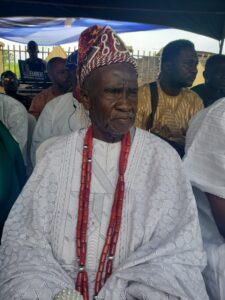
Sheikh Akewugbagold highlighted the lecture’s focus on galvanizing unity among Yoruba Muslims. “Every form of division, fighting, quarrelling should be discouraged. We need to unite if we only want to progress. Allah will query, question every one of us on the role we have played in whatever happens within the Muslim ummah,” he stated, stressing the necessity for collective harmony.
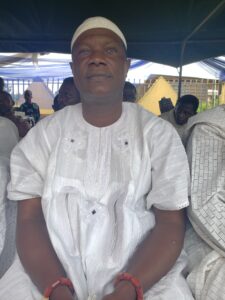
The guest lecturer also paid homage to the late King Kosoko and Oloja Elect Abiola Kosoko for their exemplary dedication to Islamic traditions in Epe. He reflected on the origins of Kayokayo and its historical significance. “Two things inspired my coming to Epe: the ancestral toil to give Islam a strong footing in Epe, and the fact that such dedication is sadly waning,” he noted.
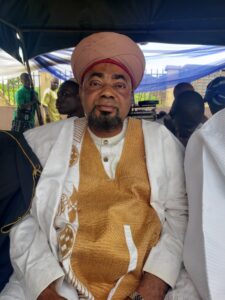
Recalling the historical context of his name, Akewugbagold, he shared stories of the great Alaafin Atiba of Oyo, who recognized the power of the Quran over traditional rituals. “The first Akewugberu was Sango, whose mother was from the Nupe tribe. He had learned the Quran in Nupe land and knew how to perform magic with fire,” he explained, emphasizing the deep-rooted connections between Islamic and Yoruba traditions.
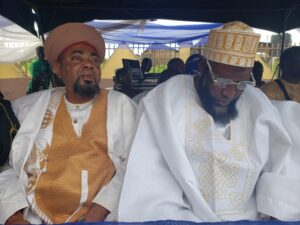
Sheikh Akewugbagold urged young Ulamas in Epe to uphold Islam despite challenges, stressing that the ancestors’ efforts should not be in vain. “Bidiah must not be allowed to destroy Islam,” he warned. “A lot of Bidiah was used to uplift Islam by forebearers from time immemorial. However, the fetish aspects should be exterminated, keeping only those practices in line with Islamic Shariah.”
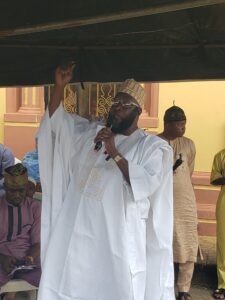
He recounted the practice of “Jimoh Oloyin” introduced by the revered Alaafin Aladigbolu of Oyo, where zakat was given to all residents on the first Jumaat of every month with “mosa” and honey, fostering community spirit and service to God. He emphasized the need to respect sacred best 10 days in Islamic months like Ramadan, Dhulhijjah and Muharram and to shun any form of segregation within the Muslim community.
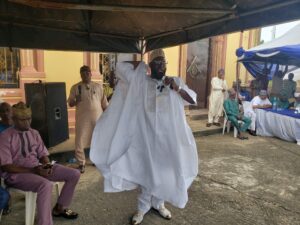
Sheikh Akewugbagold drew parallels between the behaviour of wolves and the ideals Muslims should aspire to. “Wolves don’t eat each other, no matter how old they are. They respect their elders and take care of each other. Muslims should learn from this and not pitch tents with nonbelievers against their fellow Muslims,” he advised.
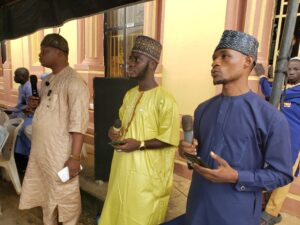
The Epe Kayokayo Festival continues to serve as a beacon of Islamic heritage and unity, showcasing the profound cultural and religious connections within Yoruba land. The festival’s commitment to promoting education, unity, and faith through events like the Quranic Recitation and Quiz Competition underscores the enduring legacy of Epe as a centre of Islamic learning and tradition.

